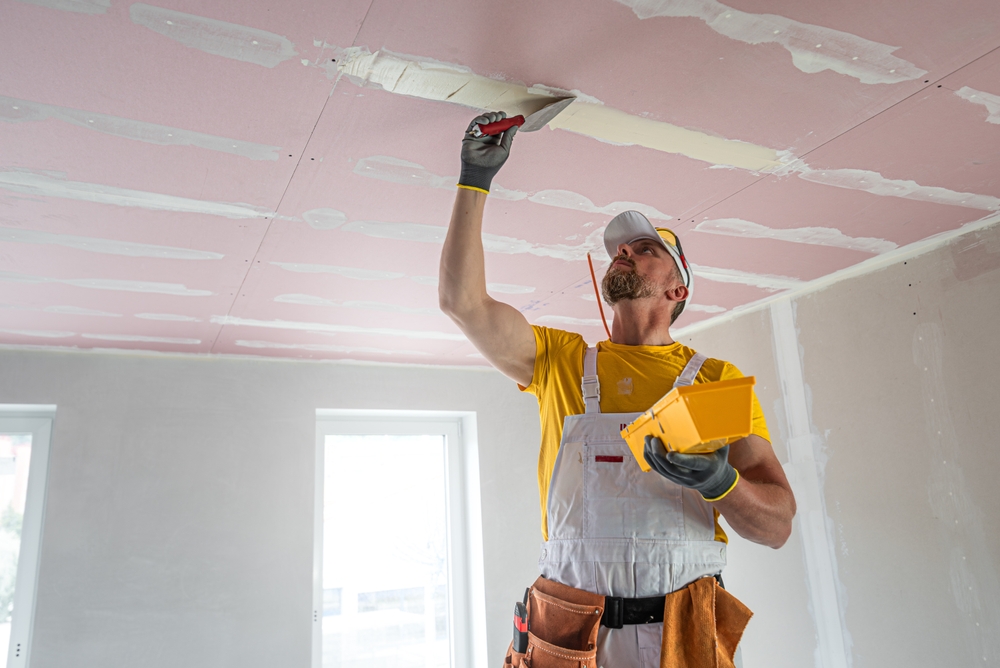
As a contractor, your hard work and the materials you supply are the foundation of your business. But what happens when a property owner doesn’t pay for your services? In Kentucky, the mechanics and materialman’s lien is one of the most powerful tools you have to secure payment for the labor and resources you’ve invested […]

Waiting for payment is one of the biggest frustrations in the construction industry. When cash flow slows to a trickle, it can jeopardize your ability to pay suppliers, meet payroll, and keep your business running smoothly. Fortunately, Kentucky has laws designed to protect you. The Kentucky Fairness in Construction Act establishes clear rules for when […]

Receiving a notice of alleged defects from a client can be a stressful experience for any residential contractor. However, Kentucky law provides a structured process that gives you a chance to address these claims before they escalate to a lawsuit. The Kentucky Notice and Opportunity to Repair Act (NORA), found in KRS § 411.250 to […]

If you’re a contractor working on Wisconsin state projects, you need to understand the state’s prompt payment law. This law protects you by ensuring you get paid on time – and if you don’t, you earn interest on late payments. Here’s everything you need to know about Wisconsin’s prompt payment requirements for public projects. What […]

As a contractor in Wisconsin, you take pride in your work and want every project to meet your client’s expectations. However, even with the best intentions and highest standards, disputes over workmanship or materials can occasionally arise. That’s why understanding Wisconsin’s “Right to Cure Law” is essential for protecting your business and handling construction defect […]

Starting a home improvement project in Wisconsin? Whether you’re a contractor or a homeowner, understanding the state’s contract requirements can save you from costly mistakes and legal troubles. Wisconsin’s Chapter ATCP 110 – HOME IMPROVEMENT PRACTICES sets clear rules that protect both parties in home improvement deals. This guide breaks down everything you need to […]

Ensuring you get paid for your hard work and materials is the most critical part of any construction project. When payments are delayed or disputed, it can put a significant strain on your business. In Wisconsin, a construction lien is a powerful tool that secures your right to payment by placing a claim on the […]

If you’re a contractor working on construction projects, you’ve probably encountered payment clauses that seem designed to shift financial risk away from general contractors and onto your shoulders. One of the most common—and potentially problematic—clauses you’ll find in subcontracts is the “pay when paid” provision. Understanding this clause isn’t just about legal jargon. It’s about […]

For contractors working in Oklahoma, being familiar with the Residential Contractor’s Right to Cure Law (Title 15, §15-765.6) is crucial. This law outlines specific procedures for resolving disputes related to construction defects. Compliance with the law can not only help resolve customer concerns efficiently but also minimize the risk of costly litigation. This article explains […]

Prompt payment laws aim to ensure that contractors get paid promptly for their work to smooth out cash flow and maintain operational efficiency. In Oklahoma, the state has specific laws under its Prompt Payment Act with rules that vary for public and private projects. This article breaks them down, explaining notice requirements, when interest begins […]










